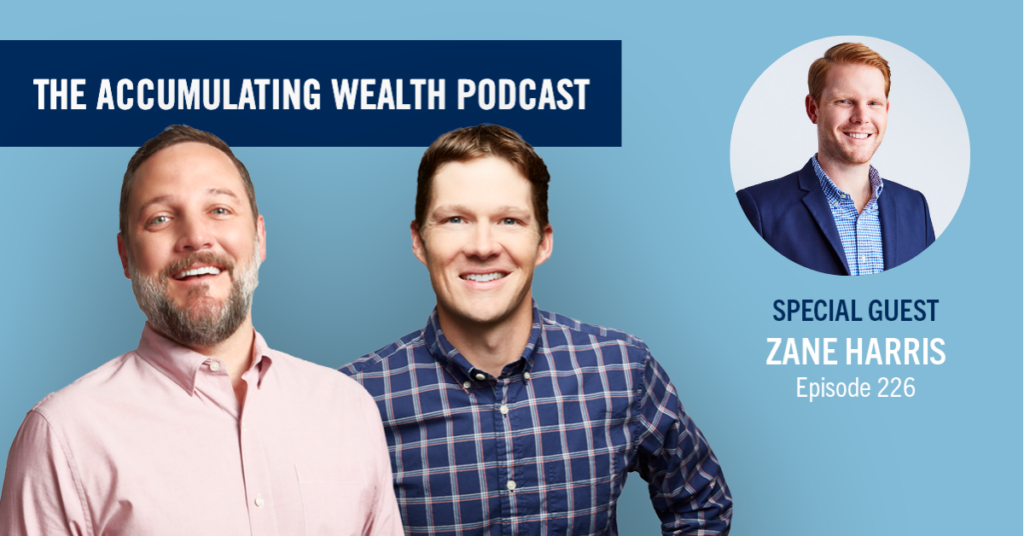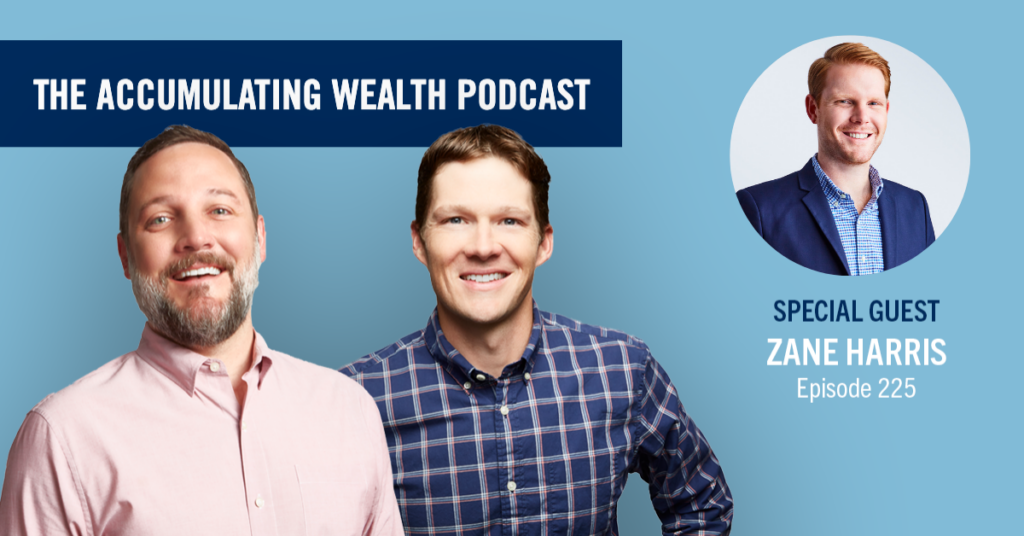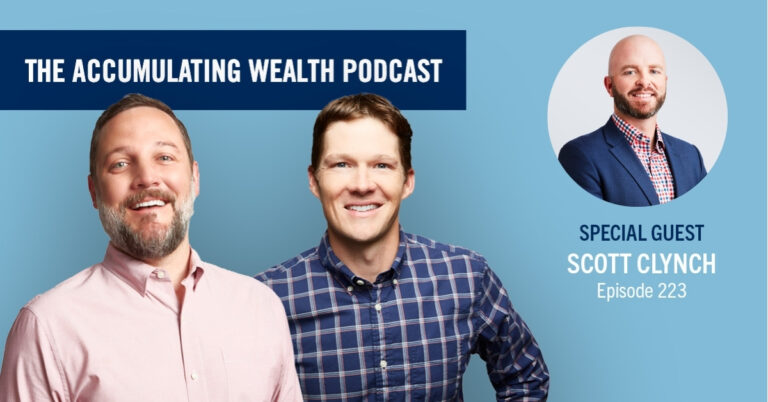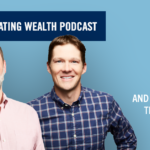CPA tips to accumulate, grow and perpetuate your wealth during economic downturn
This is the final article in a series about preparing for a potential recession. In each, CWA dives deep into strategies for protecting your portfolio, business and personal finances.
With indicators pointing toward a recession, protecting ones’ investments and preparing the business to weather the storm are top of mind for dental professionals. But, what about retirement? Is your plan recession-proof?
During a recession, you may be earning less from your business; so, it’s important to make sure your retirement dreams don’t get lost in a panic. CWA Financial Planner and CPA Erica Grant Sanders has fielded questions from clients with recession anxiety.
“People are certainly talking. We’ve been in a volatile market where rates have been rising at a pace we haven’t seen before. So, there’s a sense of ‘is this going to continue? And, for how long?” says Erica.
Whether it’s five or fifty years away, it’s never too early (or late) to plan for your retirement dream.
CWA planners think of retirement planning in three phases: accumulation, growth and perpetuation. No matter what phase of life you are in during a recession, there are concerns to track and opportunities to seize. Here are considerations from Erica for each phase of life.
Recession-Proof Tips For Every Retirement Phase
Accumulation: Early career dentists in their 20s and 30s
During this time, it’s most important to be diligent about putting money away into your retirement accounts, even during a recession. The primary asset during the accumulation phase is time, which allows compound interest to do the heavy lifting of turning your savings into even more money for use in retirement.
If a recession happens, it may be tempting to stop saving; however, this only delays the process of compounding returns. Depending on your tolerance for risk, keep 2-3 months of spending in a savings account, cash or a money market account so you have easy access, in case of emergency.
Erica also recommends being as lean as possible and reviewing spending: “A lot of times, people have charges they didn’t even know were happening like streaming services or bundled packages with temporary intro rates. It’s about being cognizant of dollars spent that are not in your favor. Look at opportunities to cut spending and free up cash flow to save for retirement.”
Growth: Mid-career professionals in their 40s and 50s
In this phase, your return from retirement accounts matters most. It is always a good idea to keep a close eye on returns. However, it is recommended to meet with a financial planner and review your retirement strategy so that if a dip happens, you are protected.
Also, consider a recession as a time for opportunity.
“When everybody is in a panic and there’s a recession, that’s sometimes the time to put money into the market,” notes Erica. “Businesses are valued at a much lower price. When people are pulling money from investment accounts in fear, it can be a good time to buy. It’s the basics of investing: buy low, sell high.”
Managing debt is also important, but keep in mind that not all debt is bad. Sometimes, it makes sense to simply pay principal and invest what would typically be an additional payment into a tax-deferred retirement strategy.
“Debt is a very emotional thing because nobody wants to owe anyone anything. Paying off debt doesn’t always make you financially free,” explains Erica. “Although it never makes sense to dump a ton of cash to pay off low-risk debt like paying off your low fixed-rate home mortgage, there are other ways to make the most impact on your cashflow during volatile times.”
Perpetuate: Retirees 60+, currently withdrawing from retirement savings
The goal in this stage of life is to keep assets available throughout your lifetime or to leave a legacy for your family. This is the time to make sure your withdrawal rate isn’t at an unsustainable level. Erica points out: “If you withdraw quickly, you can run out of money at the age of 75. It’s harder for a retired dentist to go back to work at that age.”
When returns are lower, you want to be able to withdraw less to ensure your pile of money lasts. Consider if you can temporarily or permanently live with a lower disbursement from your retirement accounts.
“Presumably what will happen is the market will pull back; so, your return won’t be as high as in a bull market. You want to be able to withdraw less during the recession to ensure it will last your lifetime and you’ll be prepared to recover when the market does,” Erica explains.
Also, don’t lose sight of your retirement strategy and continue to consult the experts. “The mistake that a lot of our retirees will make is that they’ve sold their dental practice and they don’t think they need a financial planner,” Erica said. “They believe that they just need someone to handle investments. That’s where they get in trouble.”
No matter what phase you are in, remember it is never too late.
“I can’t change anything that’s happened in the past for my clients. But I can plan for the future,” says Erica. “The worst thing you could do is not have a plan in place and act from fear. That’s where a financial planner comes in. They can make sure you are protected. And, that’s what Cain Watters investment strategy has been, particularly since the Great Recession. If another recession hits, we want a strategy that will protect our clients.”
No matter your stage of life, you have options. Contact our team to ensure your financial plan is on track to weather any storm.
Past performance is not an indicator of future results. Cain Watters is a Registered Investment Advisor. Cain Watters only conducts business in states where it is properly registered or is excluded from registration requirements. Registration is not an endorsement of the firm by securities regulators and does not mean the adviser has achieved a specific level of skill or ability. Request Form ADV Part 2A for a complete description of Cain Watters investment advisory services. Diversification does not ensure a profit and may not protect against loss in declining markets. No inference should be drawn that managed accounts will be profitable in the future or that the Manager will be able to achieve its objectives. All investments and strategies have the potential for profit or loss. Different types of investments involve higher and lower levels of risk. Historical performance returns for investment indexes and/or categories, usually do not deduct transaction and/or custodial charges or an advisory fee, which would decrease historical performance results. There are no assurances that an investor’s portfolio will match or exceed any specific benchmark. This is not intended to be personalized financial advice and is not a recommendation for any particular security or strategy.














